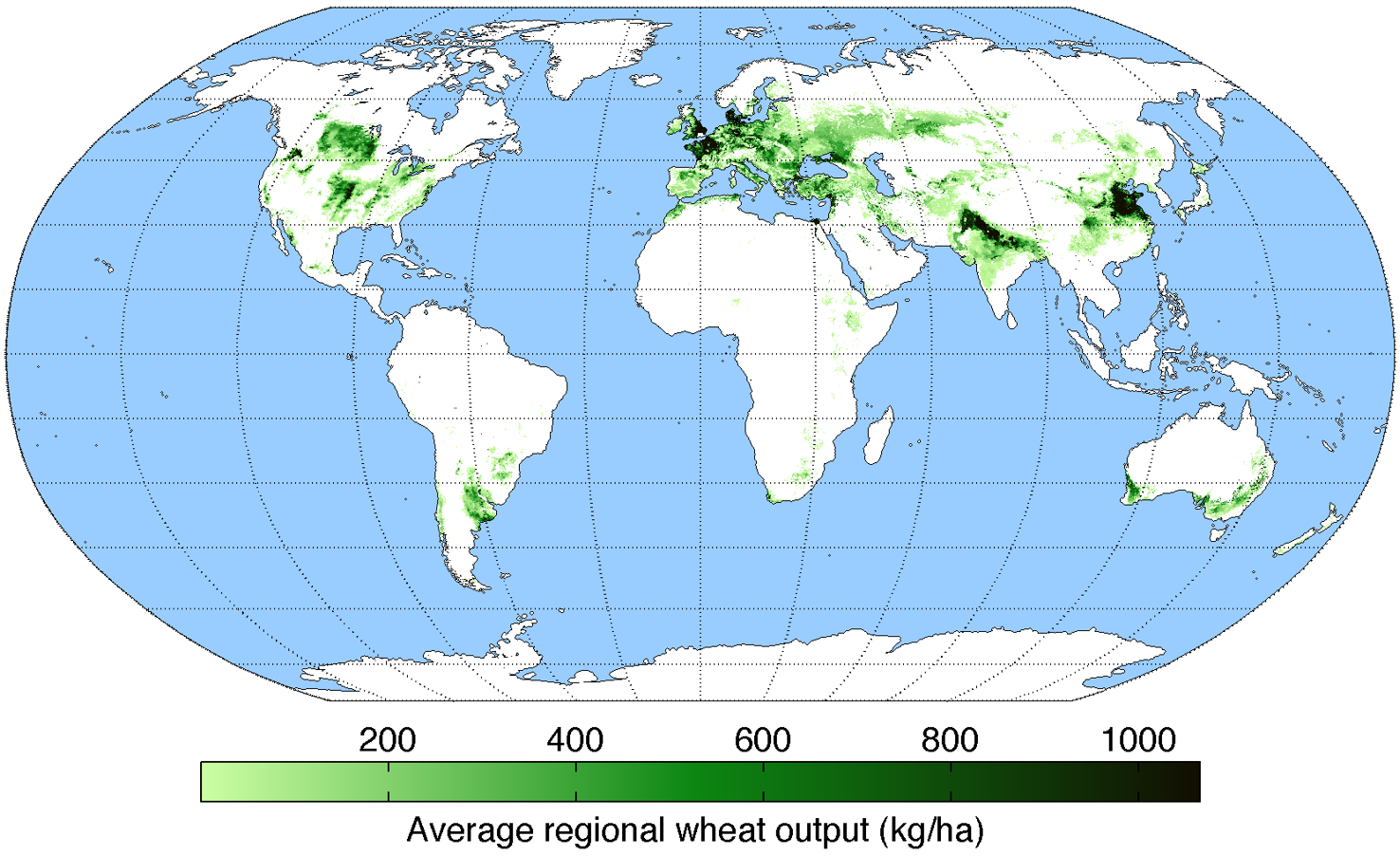Red Rationalist
Spinning in eternity
- Location
- Andro-Orlando Hair Saloon
- Pronouns
- They/Them
To answer your question to the best of my knowledge: Rural areas were predominantly agricultural in the 20's and 30's, so the state didn't expend any effort building social services to the peasantry who were regarded as an enemy class internally. The areas slowly became less agricultural as mechanization increased, but the state didn't attempt any social service expansion due to brain worms. With our efforts to reduce central planning, companies now see a large segment of unemployed and unprotected labourers and have an incentive to set up shop in rural areas. Reading a bit on literature the matter, there were basically factory towns in rural areas in the OTL soviet system, with the population being treated as "farmers" due to population density.Yikes, is the Bolshevik disdain for all rurals, not just peasant farmers, THAT strong? Or is it just a matter of our service deficit being so bad we haven't even started on the countryside? Anyways, I get your point. Probably better to reform subsidies this plan, especially since reforming agriculture is Klimenko's big promise.
As a unintended result, you have a two-tiered system of citizenship based on the area you live in, with rural areas becoming ripe for economic exploitation by smaller factories (private or SOE). A strong mix of brain worms about rural workers being farmers and disinterest in doing anything for rural areas due to costs and difficulty.
I agree on the loan. Now is a good time for some deficit spending, and it really helps smoothing out the current slump in investment, ensuring that the GDP doesn't stagnate.And I too am starting to feel a loan might be needed. We gotta be careful to not drop spending too suddenly in the final couple turns of the plan though to avoid instability. Don't use it all at once, just use it to keep any ministry from falling too idle.
Last edited:

